Israel "at war": Hamas attacks from land, water and air— at least 300 killed and thousand injured.
Israel shocked by surprise Hamas attacks, from land, water and air: Most causalities in a single day.
Breaking News Primer: Unprecedented Attacks in Israel
What Happened?
In a startling and unexpected escalation of tensions, Hamas, the dreaded Palestinian militant group from Gaza, unleashed a ferocious, multi-pronged assault on Israel this Saturday morning. The skies above were lit with a relentless barrage of rockets, while the borders were compromised with audacious amphibious infiltrations by land and sea. Adding to the surprise, some militants took the aerial route, using paragliders to breach Israeli defenses. As the sun began its descent, another volley of missiles amplified the day's chaos, sending the region into a heightened state of alarm.
Statement from Israel's PM
In the face of escalating tensions and unprecedented attacks, Prime Minister Benjamin Netanyahu has asserted Israel's combative stance, announcing that the nation is unmistakably "at war". In a grave address to the nation, broadcast on television, he proclaimed, “What happened today has never been seen in Israel, we will take mighty vengeance for this black day.” His words underscored the gravity of the situation and the extent of the country's potential retaliation. He reserved his sternest warnings for Hamas, the Palestinian militant faction ruling Gaza, promising swift and potent retribution. By advising the citizens of Gaza about forthcoming military operations, Netanyahu's message was clear: Israel is prepared to retaliate decisively. The headline could read: 'Will Turn Them Into Rubble': Israel PM Netanyahu Vows 'Mighty Vengeance' After Hamas Attack.
Casualties on Both Sides
Facing an onslaught from the Gaza Strip, the Israeli military has confirmed the launch of approximately 2,200 rockets into its territories. This intense barrage has exacted a heavy toll, with at least 300 Israelis confirmed dead and another 1,452 nursing injuries. In a bid to counteract and deter further assaults, Israel retaliated with targeted strikes against Hamas positions in Gaza. Meanwhile, reports from the Palestinian health ministry paint an equally grim picture: 232 Palestinians have been killed, and a staggering 1,697 wounded. It remains uncertain whether these casualties are Hamas militants, civilians, or a combination of both. Given the scale of the attacks and the subsequent damages, questions are now being raised about the effectiveness of Israel's much-touted "Iron Dome" anti-missile air defense system. Despite billions invested in its development and deployment, its capability to intercept and neutralize such a massive volley of rockets appears to be now under scrutiny.
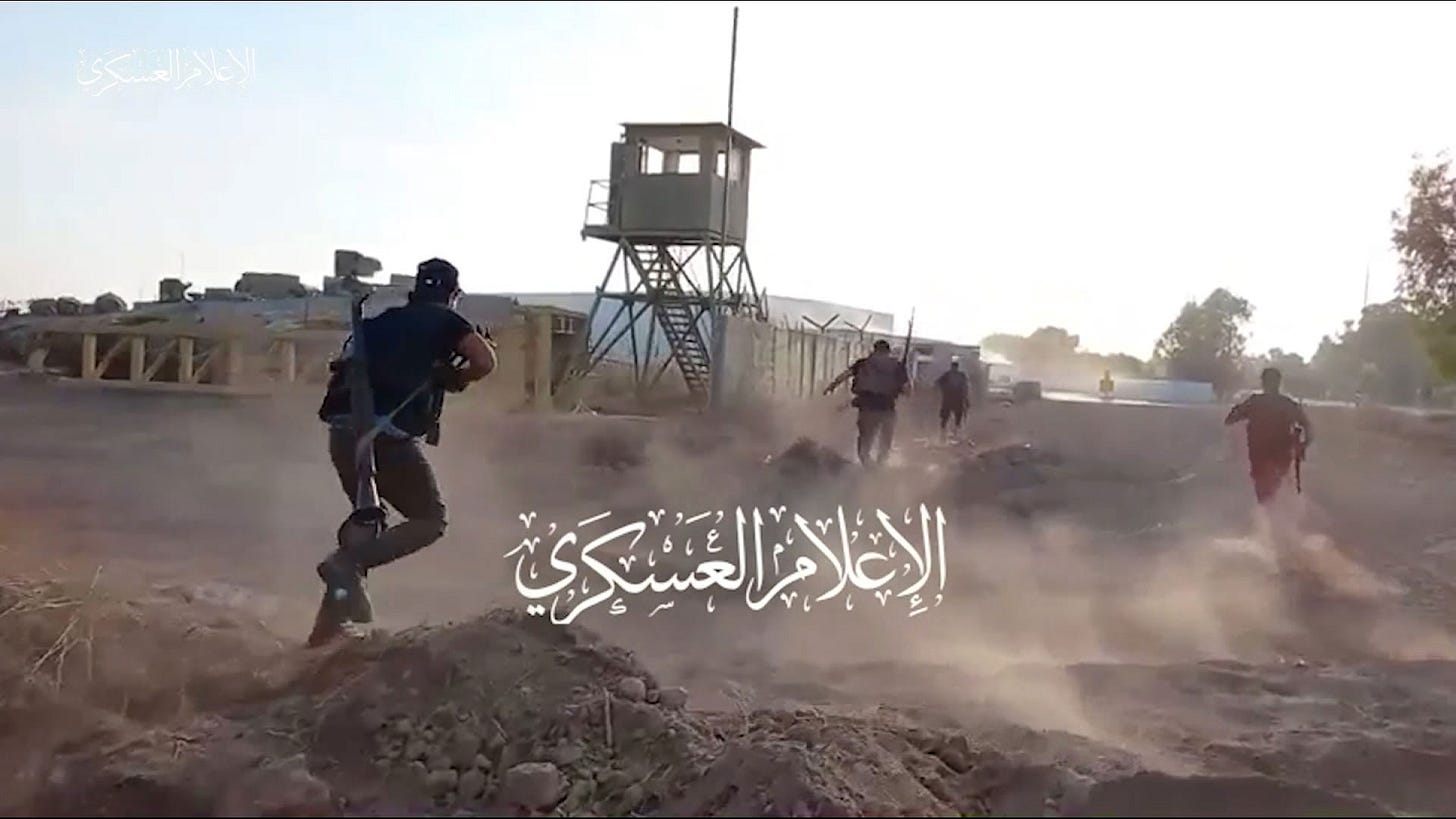
US President Biden Asserts 'Rock Solid' Support for Israel
US President Joe Biden has taken a firm stance on the recent events in the Middle East, unambiguously denouncing the attacks orchestrated by Hamas. Standing solidly beside Israel, Biden characterised the unfolding situation as a profoundly "terrible tragedy on a human level". He further solidified the US's commitment by acknowledging Israel's unquestionable right to shield its populace. In a direct exchange with Israeli Prime Minister Benjamin Netanyahu, Biden reiterated his staunch support. The international community now awaits a pivotal announcement regarding US military aid to Israel. As tensions escalate, Poonam Khaira Sidhu, our Special Correspondent in the USA, reveals that key Jewish figures in America are likening the situation to "our 9/11 moment", hinting at the deep emotional and strategic impact these events have on the American Jewish community.
India's Response
India’s Prime Minister Narendra Modi expressed his shock over the attacks and extended his support to Israel. He stated, “Our thoughts and prayers are with the innocent victims and their families. We stand in solidarity with Israel at this difficult hour.” The Indian Embassy in Israel issued an advisory, urging Indian citizens to be vigilant and heed local safety protocols.
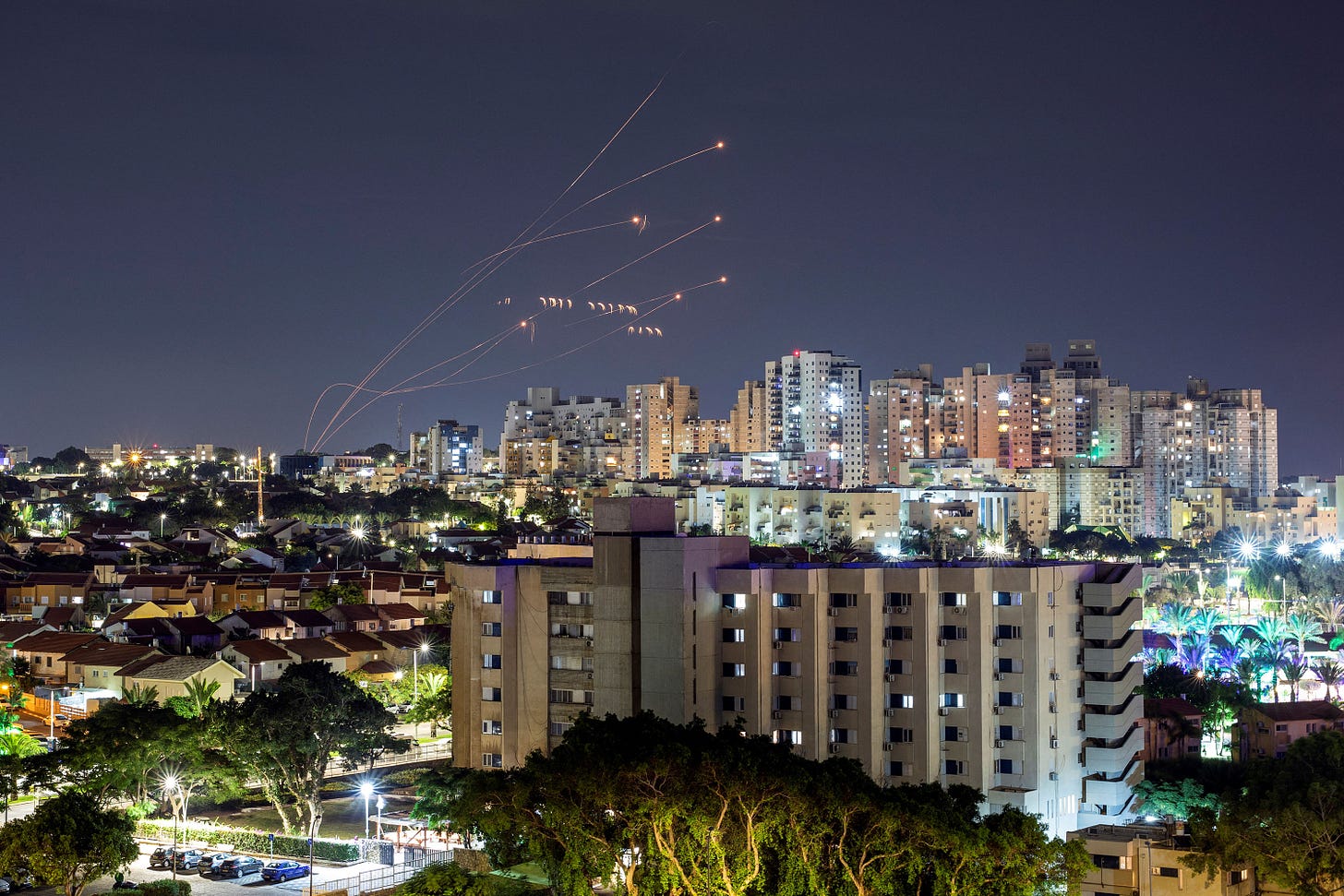
Analysis: Why Was Israel Caught Off-Guard?
Even with its renowned defense capabilities and intelligence acumen, Israel found itself unexpectedly caught off-guard. The nation's considerable investments in defense, particularly since its 2005 Gaza withdrawal, have been monumental. The “Iron Dome”, celebrated as a pinnacle of rocket interception technology, coupled with a high-tech border system complete with sensors and subterranean barriers, were deemed almost insurmountable. Yet, the magnitude and audacity of the recent assault have thrust Israel's defense efficacy into the spotlight, prompting concerns about potential gaps or complacencies in their defense planning. Once the current hostilities recede, a thorough reevaluation of Israel's heralded defense apparatus will be imperative.
The Israel-Palestine Conflict: Deep Roots and Lingering Tensions
The Israel-Palestine conflict is a long-standing political and territorial dispute rooted in historical claims, national pride, and religious significance. Central to the dispute are the regions known as the Gaza Strip and the West Bank. The Gaza Strip, a coastal enclave bordering Egypt, has been under the control of Hamas, an Islamist militant group, since 2007. The West Bank, on the other hand, is landlocked and borders Jordan; it is currently occupied by Israel but houses a significant Palestinian population. The Palestinian Authority, an administrative body set up to govern parts of Gaza and the West Bank, emerged from the erstwhile Palestine Liberation Organisation (PLO). While the Palestinian Authority has been recognised by many countries and has the status of a non-member observer state at the United Nations, it isn't a fully recognized sovereign nation.
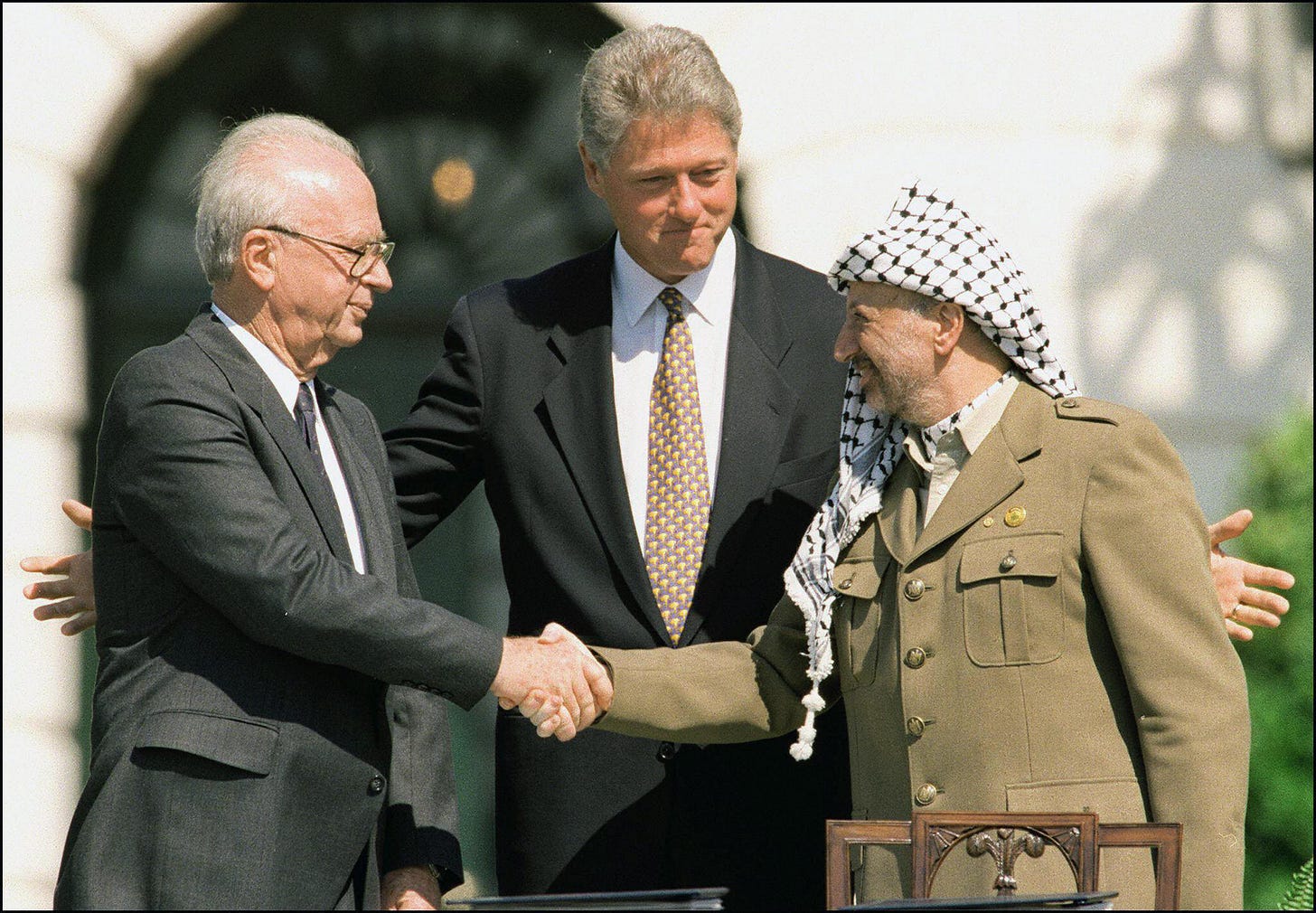
Palestinian Authority and Hamas
Hamas, distinct from the Palestinian Authority, emerged from the Muslim Brotherhood and has a more radical approach towards Israel, rejecting its right to exist. While the Palestinian Authority has engaged in peace negotiations with Israel over the years, Hamas is seen by many, including the US and EU, as a terrorist organization. Israel's sophisticated air-defense system, the Iron Dome, was developed to intercept rockets fired into its territory, primarily from the Gaza Strip. Its efficacy has been notable in previous confrontations, but no system is infallible, leading to concerns over breaches.
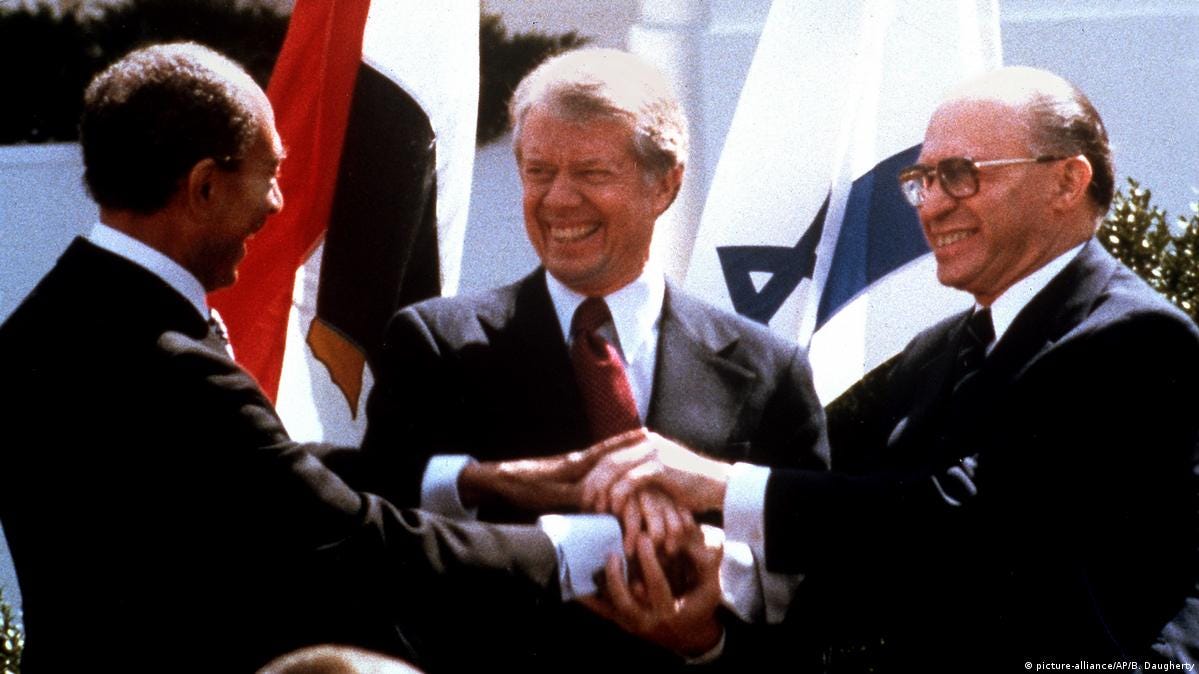
Lasting peace still a distant dream, Nobel Peace Prizes notwithstanding
Historically, numerous efforts, ranging from the Camp David Accords to various UN resolutions, have been undertaken to mitigate the Israel-Palestine conflict. Yet, a sustainable peace solution remains a distant dream. With the recent escalation in violence, there's a looming and disconcerting question: is the region teetering on the edge of a comprehensive war, or for some, has it already commenced? It's noteworthy that efforts towards peace in this region have been internationally recognized. Menachem Begin and Anwar Sadat shared the Nobel Peace Prize in 1978 for their roles in the Camp David Accords. Yitzhak Rabin, Shimon Peres, and Yasser Arafat jointly received the prize in 1994 for their work towards peace, further underscoring the global aspiration for a resolution.
Major Regional Players
In the intricate web of Middle Eastern geopolitics, various regional players have vested interests and historical affiliations which further complicate the Israel-Palestine dynamic. Saudi Arabia, although not historically aligned with Israel, has recently shown signs of a cautious rapprochement, driven by mutual concerns about Iran. Iran remains one of Israel's most vociferous adversaries, often providing support to anti-Israel factions like Hezbollah in Lebanon and various militia groups in Syria. Syria, embroiled in its civil war, has had contentious relations with Israel, primarily over the Golan Heights. Lebanon, through its political-military faction Hezbollah, remains at odds with Israel. Jordan, unlike some of its neighbours, maintains a peace treaty with Israel but has its concerns rooted in the Palestinian cause due to its significant Palestinian population. Iraq, post the Saddam era, has been preoccupied with its internal strife, including the rise and fall of ISIS. ISIS, while antagonistic towards Israel, primarily posed a direct threat to the regional Arab states and hasn't been a primary actor in the Israel-Palestine conflict.
Global Implications and Potential Role of India
This sudden escalation in the Middle East has garnered global attention. The dysfunctionality of the United Nations has been underlined by their inability to mediate or prevent such confrontations. Now, more than ever, there's a pressing need for immediate restraint and a ceasefire. The safety and well-being of the Israeli hostages must be prioritized.
India, with its balanced diplomatic relations, could potentially play a pivotal role in mediating talks or facilitating a peaceful resolution.
Epilogue
As the Israel-Palestine conflict intensifies, it's timely to remember the longstanding harmony between India and its Jewish community. India, for millennia, has been a sanctuary for Jews, epitomizing religious acceptance and coexistence. Amidst global unrest, this relationship stands as a beacon of hope. I shall soon be bringing to you "Jews in India: Safe Haven Since Millennia," highlighting this enduring bond.

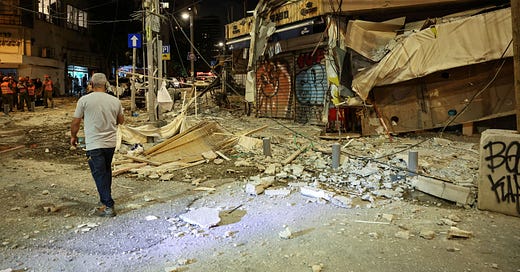


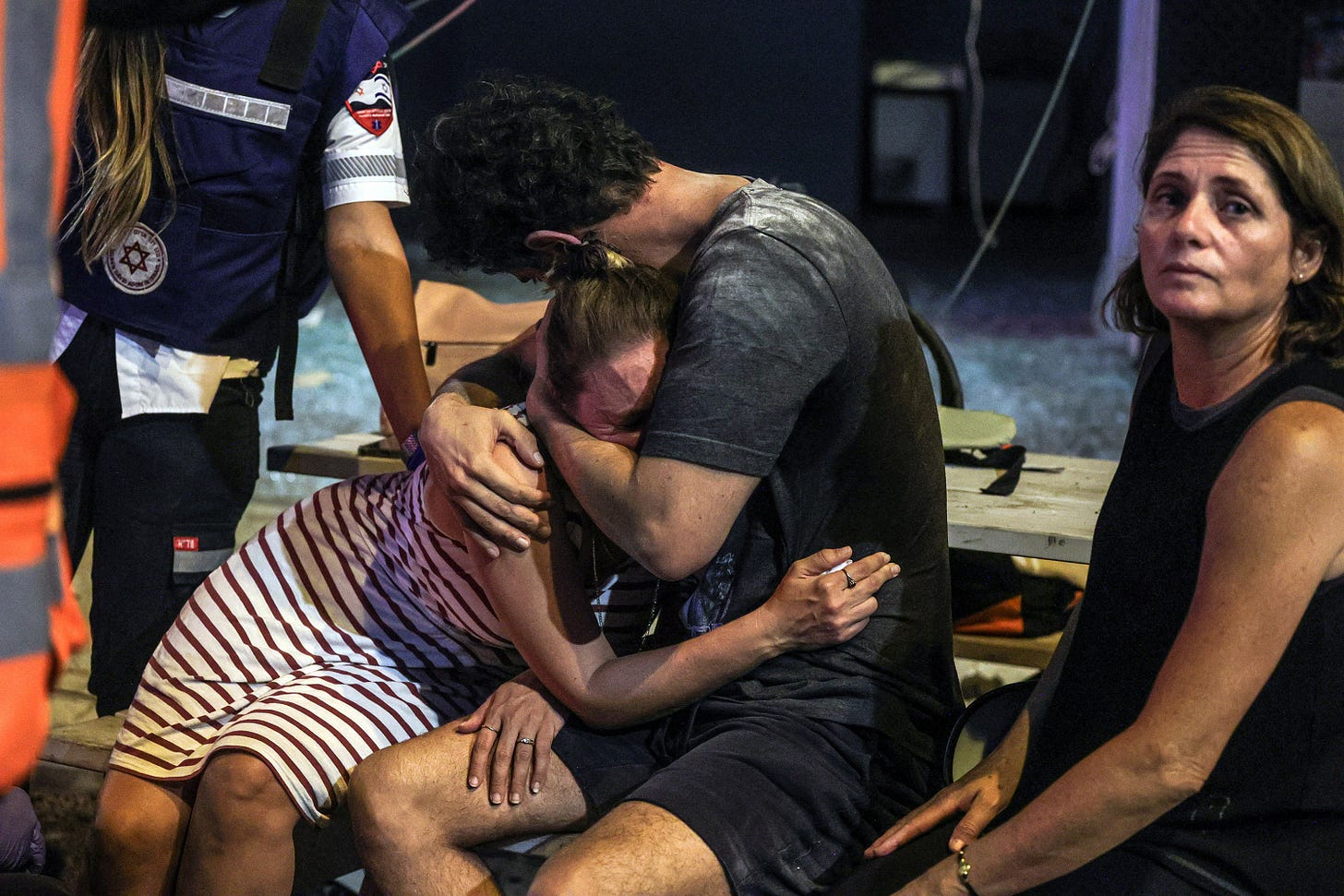

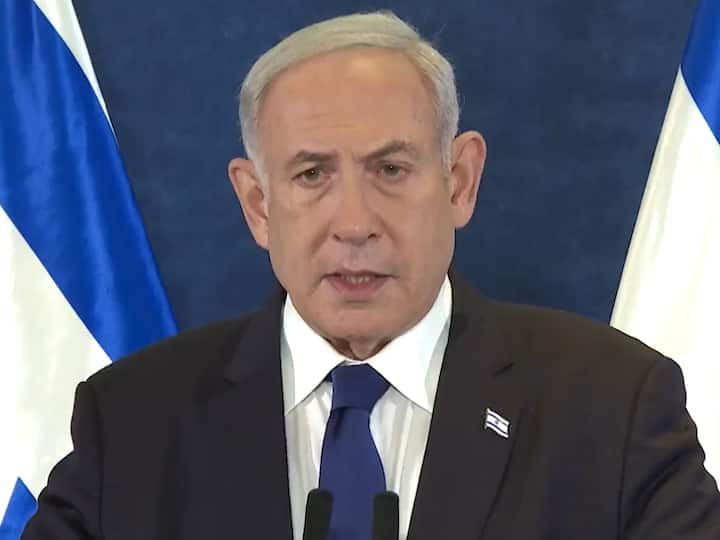
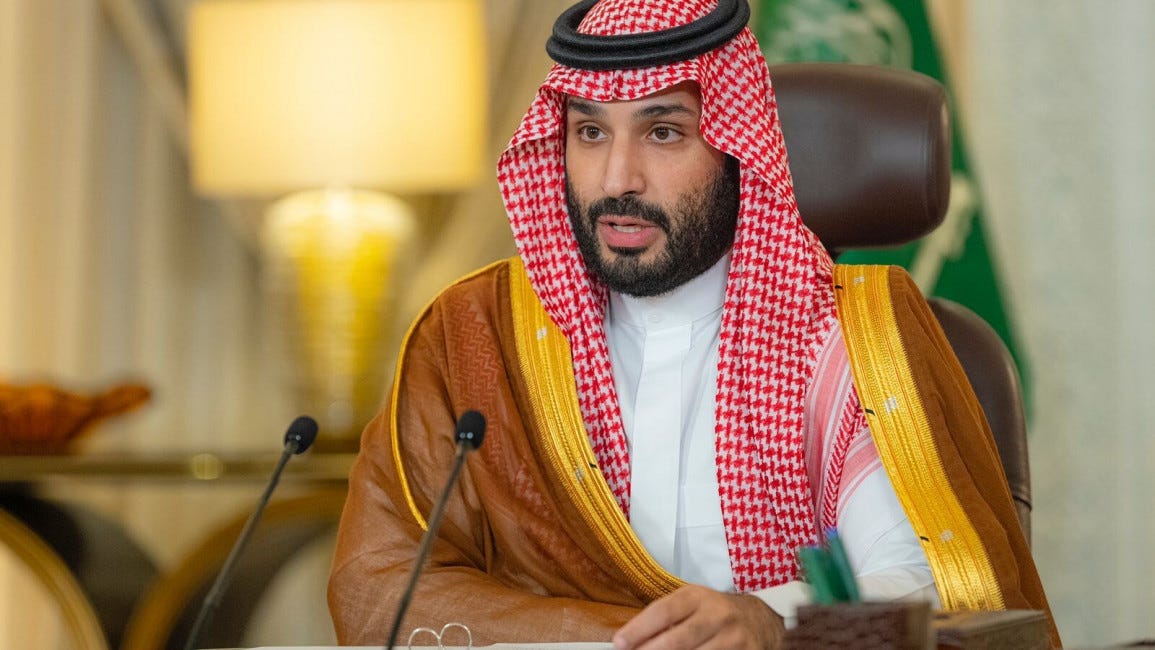

Indian voice of support commendable. Organizations like PLO ( Hamas) and countries like Pakistan have made their people suffer from poverty , unemployment and loss of innocent lives by making strategic political errors for decades. Israel had offered everything to Arabs and Palestinians for peace prior to 1967 war. Prime Minister Golda Meir ( Iron Lady - my all time favorite political leader) walked secretly across to meet King of Jordon and pleaded for peace. Like Modi said to Putin , it is not era of war . But let China , Pakistan , Hamas or anyone else’ out there if you harbor or touch innocent people or borders ,be prepared for ruthlessness and complete सर्वनाश!
My $0.02